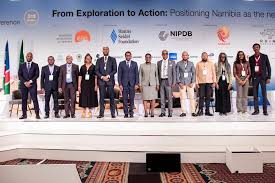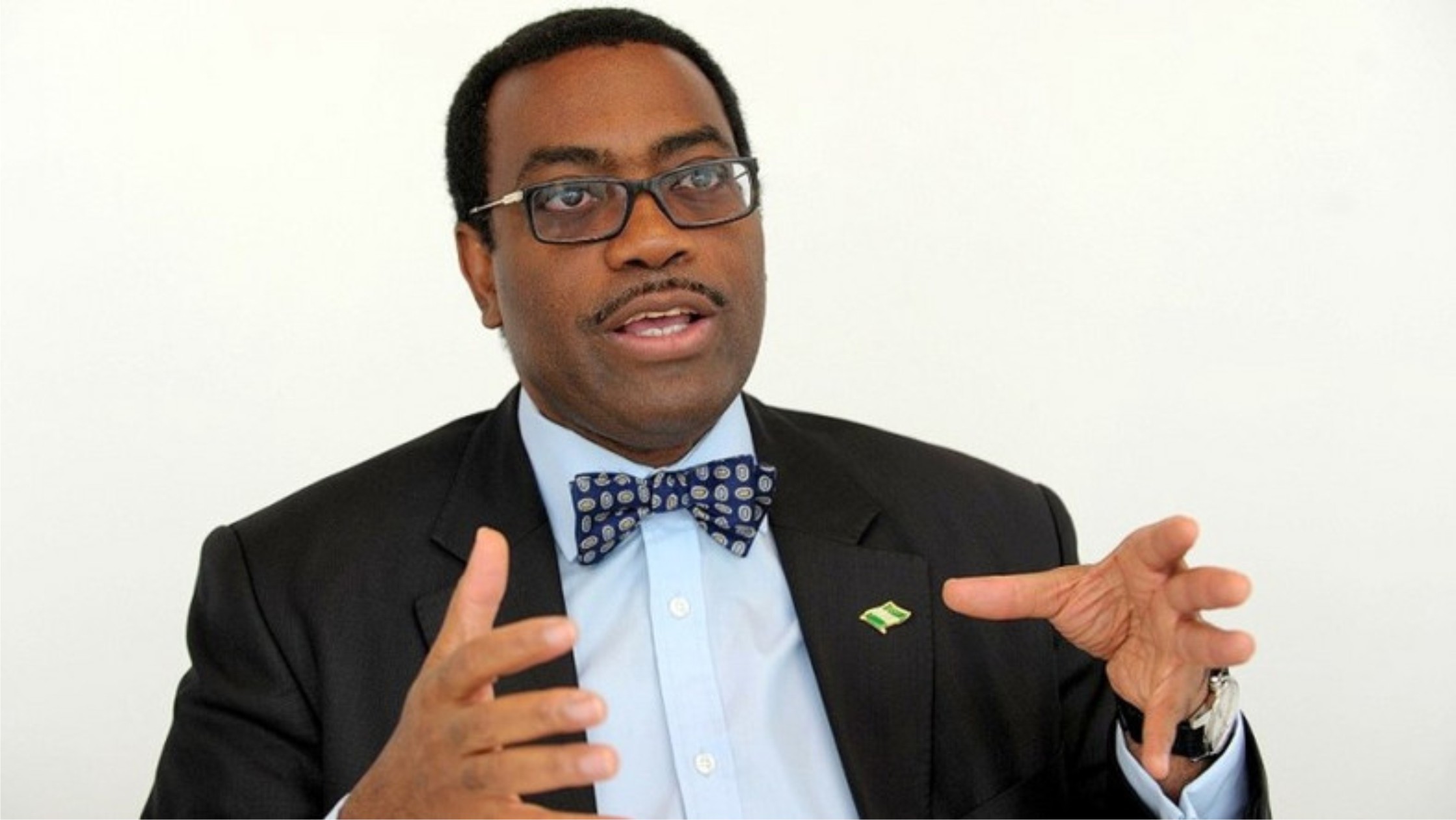Business
Kenyans Expect No Power Rationing
Kenyans will not be hit by electricity rationing or significant price rises, with diesel generation making up for a fall from drought-hit hydroelectric dams, the Head of Sole Distributor Kenya Power said yesterday.
State-run Kenya Meteorological Department said earlier this week that the East African nation was expected to receive poor rainfall in the main March to May rainy season, exacerbating an already acute drought.
While the severity of power interruptions has subsided over the years, many firms in Kenya still run stand-by generators to cater for disruptions, adding to their costs, which they say is an obstacle to investment.
Kenya’s energy ministry said in January that the country would have to generate more electricity using diesel due to a shortfall in hydroelectric power, and forecast a rise in prices between then and March.
“Even with the hydrological conditions that we are experiencing at the moment, we do not foresee any possibility of carrying out power rationing,” Ken Tarus, Kenya Power’s acting chief executive officer, told a news conference.
Kenya’s generation capacity is about 2,341 megawatts, mostly from hydroelectric and geothermal sources.
Tarus said “it is not Kenya Power’s decision whether tariffs will rise further due to the extra use of diesel generators, but the effect is expected to be minimal.’’
In January, the energy-ministry said using diesel-generators would likely lead to a fuel-surcharge of a maximum of 3.52 Kenyan shillings (0.0340 dollars) per kilowatt hour, an increase from 2.85 shillings, but added that prices were likely to fall in March when the rains came.
A domestic user consuming up to 50 kilowatt hours now pays 2.50 shillings per unit, while those who use between 51 and 1,500 kilowatt hours pay 11.62 shillings per unit.
Those using 50 kilowatt hours and below are not subject to the extra fuel charge. ($1 = 103.5500 Kenyan shillings)
Business
PETAN, Others Unveil ALCO, Get NCDMB’s Support … Mull Synergy With APPO, AU

Business
AON Lifts Ban On Freed Ibom Air Passenger

Business
Ex-NIMASA DG Harps On Blue Economy Importance

-

 Business3 days ago
Business3 days agoAfDB Secures N3.4trn For Agro-industrial Processing In Nigeria
-
Business3 days ago
Investment Flow To Nigeria Drops By 70%
-

 Featured3 days ago
Featured3 days agoNigeria Accounts For 70% Of 11m Illegal Arms In W/Africa
-
Business3 days ago
CBN Plans Legal Action Against FX Contract Violators
-
Politics3 days ago
APC Doesn’t Have Money, Relies On Elected Members For Funds – NWC Member
-
Politics3 days ago
Rivers LG Polls: IPAC Asks Political Parties Not To Participate
-

 News3 days ago
News3 days agoNCos Frees 28,149 Inmates After Payment Of Fines, Compensation In 2024
-
News3 days ago
Be Cautious About AI, VC Tells Scholars

